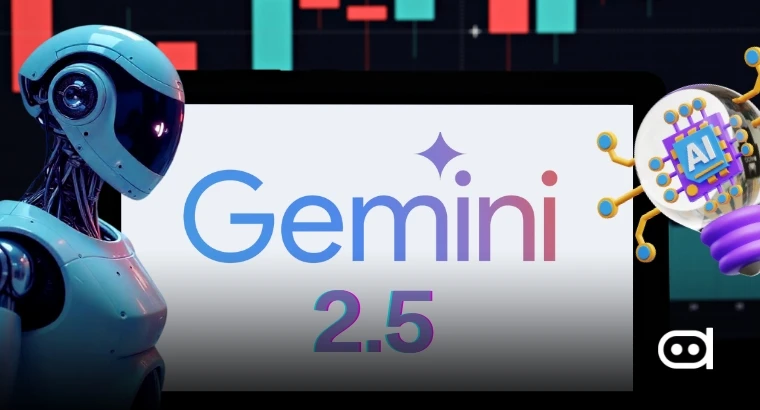
Gene editing is a group of technologies that give scientists the ability to alter the DNA of an organism. These technologies enable adding, deleting, or altering genetic material at specific genome locations. Clustered, regularly interspaced short palindromic repeat (CRISPR)-based genome editing (GED) technologies have come up with chances for having knowledge of genes and improving medical treatments. Gene editing has not only revolutionized basic studies and research but has applications in human health, crop improvement, biotechnology and industry, livestock, environmental conservation and various other fields.
The 2023 McKinsey Global Survey predicted explosive growth of generative AI (gen AI) tools, considering the widespread use of generative AI tools and how leading companies were already ahead in the industry. Generative AI fulfills important needs in artificial intelligence, be it creative content generation, data augmentation, simulation and modeling, or scientific discovery and explanation. There is no industry where the potential of generative AI cannot be applied.
Looking beyond creating computer programs and generating images and videos, the new generative AI technology is generating blueprints for microscopic biological mechanisms by editing your DNA, defining a future when researchers will be able to combat diseases and illnesses more precisely and speedily. Profluent, a firm driving innovation by combining AI and biology, has successfully edited the human genome with OpenCRISPR-1, the world’s first AI-created and open-source gene editor. Profluent has made the AI-designed gene editor, OpenCRISPR-1, freely available for license for commercial uses and ethical research.
Profluent aims to make CRISPR medicines accessible to patients for a wider range of disorders. Unlike conventional methods of protein engineering, the new AI technology will enable researchers to build gene editing systems from the very beginning, paving the way to lower costs and greater access to gene editing therapies.
Generative AI is helping pharmaceutical industries by accelerating drug discoveries, improving clinical trials, and enhancing marketing material. Whether it is real-world modeling or ensuring real-time data, AI is able to contribute immensely to drug target identification and screening. However, safety and eugenic concerns and unknown consequences have extended ethical debates beyond clinical innovation.
Furthermore, AI, when combined with genome editing, allows personalized treatments based on genetic profiles. This involves analyzing patients’ genomic data and finding mutations associated with the disease, variations, and biomarkers, such as those in Alzheimer’s, diabetes, and more. It also predicts personalized options of available treatments, considering toxicity, resistance, and efficacy to various therapies and drugs.
AI’s pivotal role in healthcare presents effective solutions to long-surviving challenges, committing to a future of safer and precise gene editing and wider medical applications. As the technology evolves, AI will continue to define the field of biomedicine, genetics, and healthcare, with comprehensive implications for the upgrading of human health.




